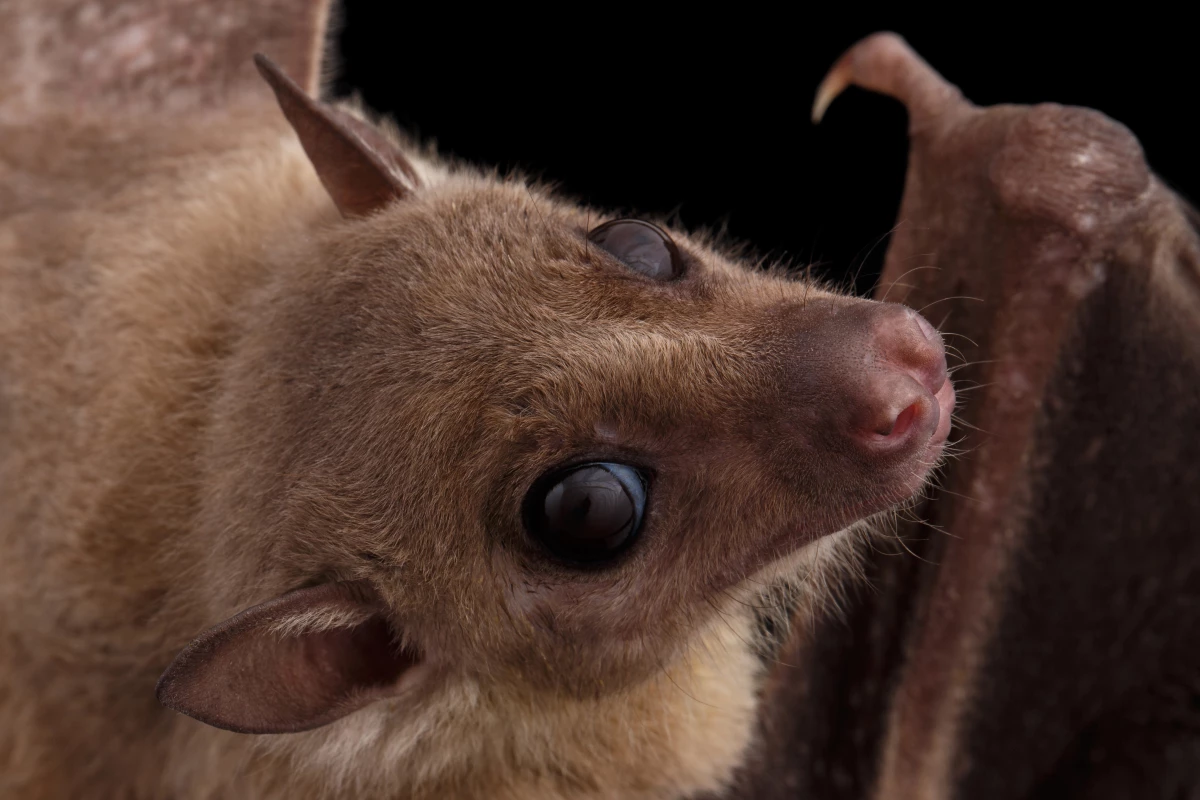The 35th First Annual Ig Nobel Prize ceremony took place at Boston University on September 18, 2025, celebrating unconventional research that provokes thought while providing unexpected insights. This year’s theme focused on digestion, highlighted by a mini-opera titled The Plight of the Gastroenterologist, which humorously addressed the challenges faced by gut specialists and their patients.
The Ig Nobel Prizes honor studies that may seem odd but ultimately reveal the quirky side of serious science. From examining the dietary preferences of lizards to the effects of alcohol on bat behavior, these awards showcase the creativity and curiosity that drive scientific inquiry.
A Glimpse at the 2025 Winners
Each award presented highlights a unique investigation that brings a smile while also offering genuine insights.
The Literature Prize went to the late physician William B. Bean, who meticulously documented the growth of a single thumbnail over 35 years. His reports, published between 1953 and 1980, demonstrated how factors like age, health, and environmental conditions influence nail growth, providing a fascinating glimpse into human biology.
In the realm of psychology, a team from Poland, Australia, and Canada, including Marcin Zajenkowski and Gilles Gignac, explored the effects of flattery on narcissism. Their study revealed that giving individuals flattering feedback about their intelligence resulted in a temporary increase in feelings of uniqueness. This research underscores how positive reinforcement can inflate egos, albeit briefly.
The Nutrition Prize recognized researchers from Nigeria, Togo, Italy, and France, including Daniele Dendi, who studied the eating habits of rainbow lizards. The team offered the reptiles a choice between a four-cheese pizza and a more heavily topped version, seeking to understand how urban environments influence wildlife diets and behavior.
More Unusual Findings from the Ceremony
The Pediatrics Prize was awarded to Julie Mennella and Gary Beauchamp, who conducted a study in 1991 that demonstrated infants could detect changes in the aroma of breast milk after nursing mothers consumed garlic. Their findings indicate that flavors in a mother’s diet can shape early taste preferences in babies.
In a creative approach to pest control, Tomoki Kojima led a team in Japan that painted cows with black-and-white stripes, mimicking zebras. Their study found that the painted cattle experienced significantly fewer fly landings, providing a simple yet effective method for reducing pest annoyance in livestock.
The Chemistry Prize was awarded to researchers from the USA and Israel, including Rotem Naftalovich, for proposing a “Teflon diet”—the idea of ingesting small, non-digestible PTFE pellets to increase satiety without adding calories. This unusual hypothesis blends polymer chemistry with appetite science, sparking discussions about unconventional dietary practices.
In a light-hearted yet insightful study, the Peace Prize was given to a team from the Netherlands, UK, and Germany. Their research discovered that consuming vodka before engaging in conversation helped German students learning Dutch feel more fluent, suggesting that mild alcohol consumption may ease social anxiety.
Finally, the Aviation Prize highlighted the research of a diverse international team that found that feeding Egyptian fruit bats ethanol impaired their flight control and echolocation abilities. This study serves as a reminder of how alcohol can affect animal behavior, drawing parallels to human experiences after a night out.
The Physics Prize recognized a study that analyzed why pasta sauce sometimes clumps, conducted by researchers from Italy, Spain, Germany, and Austria. Their findings provide practical advice for keeping pasta dishes silky, demonstrating that even culinary challenges can be addressed through scientific inquiry.
The Ig Nobel Prize continues to celebrate the lighter side of research, illustrating the importance of humor and curiosity in science. As researchers tackle increasingly complex questions, these awards remind us of the joy found in exploring the unexpected.





































































